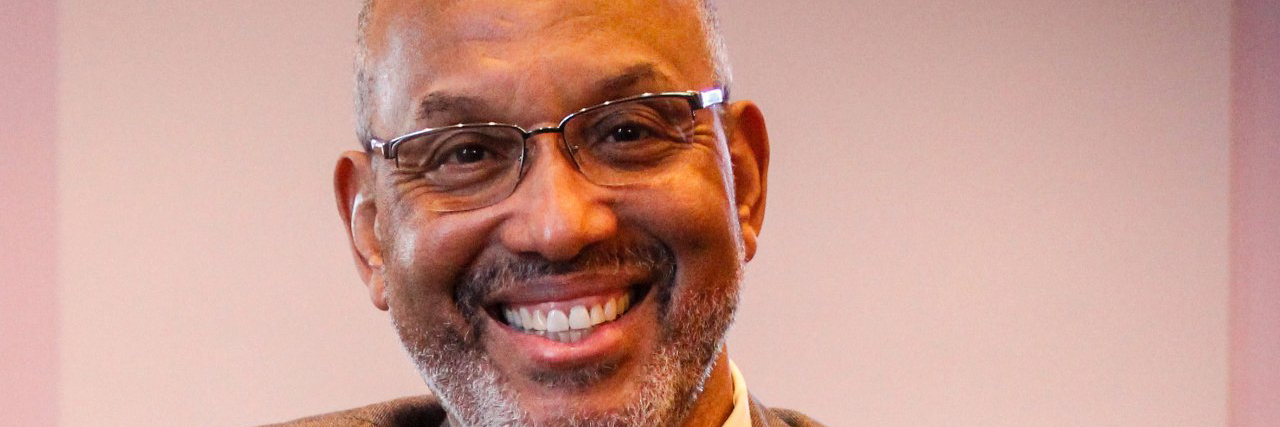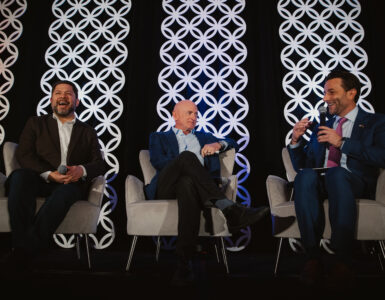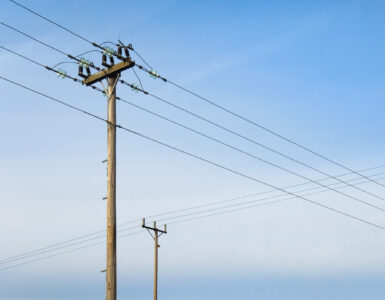We have to come up with sensible solutions that build bridges within the communities that are overlooked, underrepresented and overpoliced. — Dr. Warren Stewart, Sr., Pastor of the First Institutional Church of Phoenix
As outrage roils across the nation in the wake of the killing of George Floyd at the hands of Minneapolis police officers, Arizona’s civil rights leaders are working overtime to help communities heal and move forward.
“We have to come up with sensible solutions that build bridges within the communities that are overlooked, underrepresented and overpoliced,” said Dr. Warren Stewart, Sr., a civil rights leader, author, and the senior pastor for the oldest African American Baptist church in Phoenix, the First Institutional Baptist Church.
Continuous dialogue is vital right now, said another black community and business leader and philanthropist, Alan “AP” Powell, who founded a program that brings police and communities together to bridge that divide.
“We have to have honest conversations on how we defuse these situations,” Powell said. “More dialog, more conversations build a better bond because there is a gap between police and community because the police see things one way and the community sees it another way.
“But one thing is for sure, we have to live in these same communities together, like it or not.”
Role models for uniting America
Stewart and Powell spoke to Chamber Business News this week about what is needed to galvanize the nation right now.

Pastor Stewart’s work goes back four decades in Arizona. He led a years-long long struggle to get the Martin Luther King, Jr., state holiday reinstated in 1992 after it was cancelled by former governor, Evan Mecham. At the time, Mecham made national headlines for using racially insensitive terms and making incendiary statements
Cancelling the holiday cost the state dearly. The NFL decided to withdraw the Super Bowl. Countless conventions cancelled. Estimates put the loss to the state between $200 million to $250 million in revenue.
Through HeroZona, Powell, a former Army veteran, founded other support programs including the Bridge Forum in Phoenix, whose mission is to bridge the communication gap between police and communities of color to prevent violence.
Powell’s Phoenix company, AP & Associates, LLC, specializes in strategic alliances and channel development for Fortune 500 companies. He advises firms on multicultural content and leveraging brand connections with multicultural audiences.
First step: America must face reality
Both leaders spoke about ways to move ahead in the wake of protests, violence and looting following Floyd’s death.
First, all generations of Americans must realize and acknowledge that systemic racism has been “a cancer” against people of color for centuries, Stewart said. Floyd is but one fatality in a long line of unarmed blacks killed by police. But this attack was the most disturbing.
Stewart said he cried for two days after seeing the video of white police officer, Derek Chauvin, kneeling on Floyd’s neck for nine minutes while other officers watched.
“The way in which he was killed, pleading to breathe, calling for his deceased mother, and the police officer just kept pressing his neck,” Stewart said. “It touched a nerve — that people of color have been traumatized for centuries.
“When we saw that level of inhumanity to a man who had his hands behind his back, handcuffed and on his stomach and they would not let him breathe… That’s all he asked. He didn’t ask to be unhandcuffed. He said, I want to breathe.”
After the killing, Stewart and about 100 other religious and faith leaders who are members of the
African American Christian Clergy Coalition held a press conference in Phoenix to denounce the killing, denounce violent protestors and looters, and call for action.
Police need to be responsive, not reactive
Sensible solutions can work, Stewart said.
He commended Phoenix police chief, Jeri Williams, one of just a few black female chiefs in the country, for working proactively to train officers to respond – not react – to potentially explosive situations.
He credited her influence for another incident filmed during the recent protests in Phoenix when someone broke the back window of a police vehicle with officers inside. The officers were able to defuse the situation in a non-violent manner, Stewart said.
“They did not get out with their guns drawn, they got out of the vehicle and said, “Hey, what’s going on?”
Bridge Forum opens dialogue between police and residents
The Bridge Forum in Arizona is another model for growing systemic changes. The forum was started five years ago by the Black Chamber of Arizona and Powell’s nonprofit Checkered Flag Run Foundation, now known as HeroZona.
A panel of police chiefs participate in a forum dedicated to “connecting community engagement with police professionalism.” The goal is to bridge differences. Topics include media relations, multicultural awareness, conflict management, crisis management, community engagement, and community relations.
“Anybody can have a town hall or meeting but you have to have more, you have to have execution and follow up, and leadership having these conversations,” Powell said.
Police and citizens can’t do it alone, he said. There must be guidance and action from policy and law makers, too.















Add comment